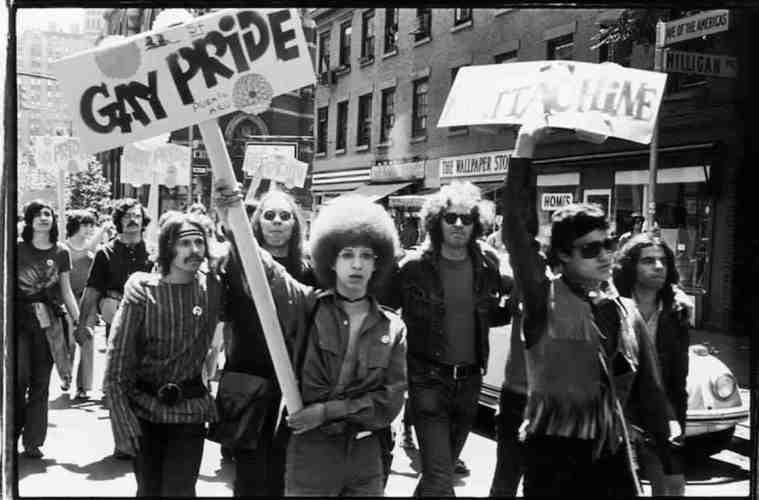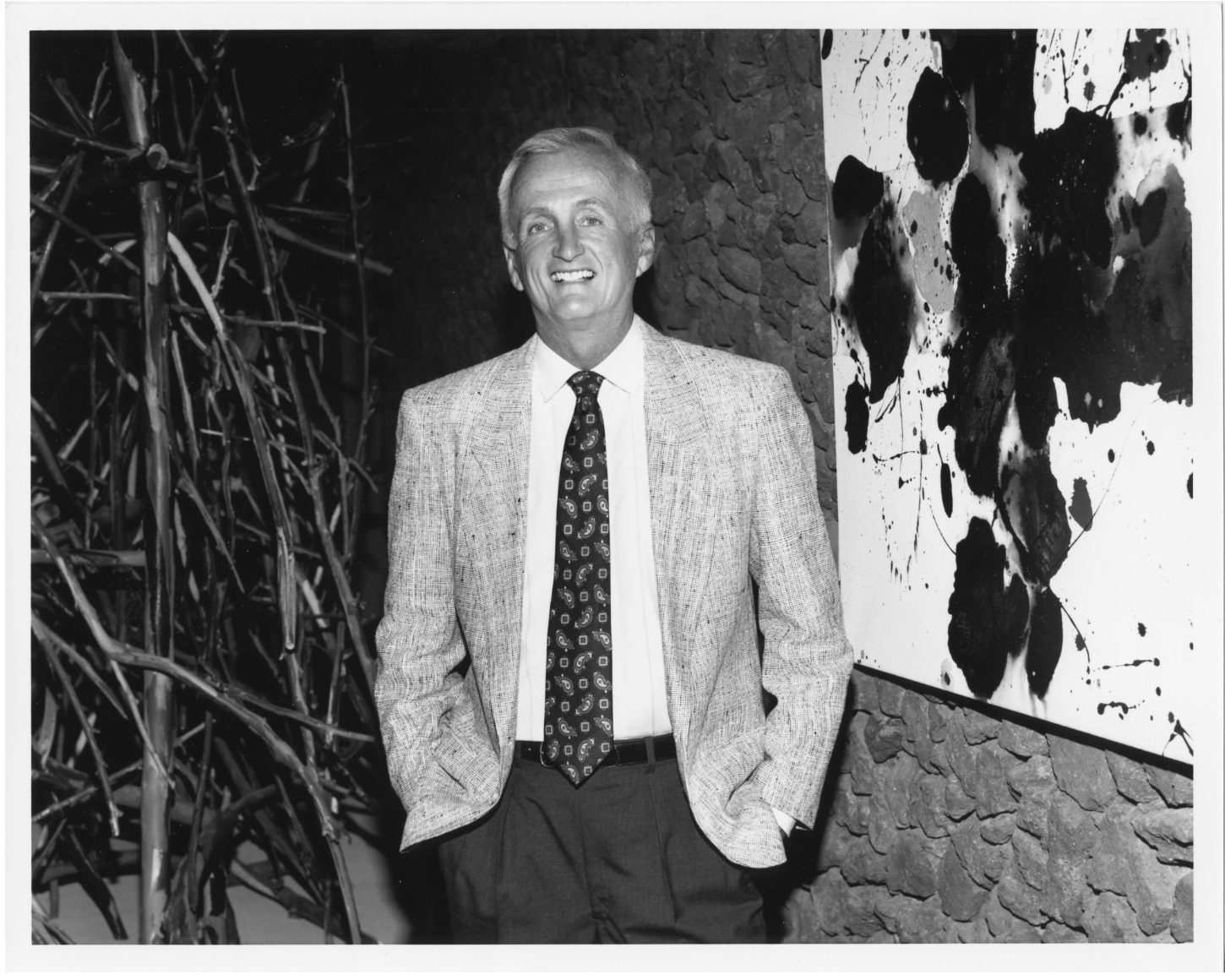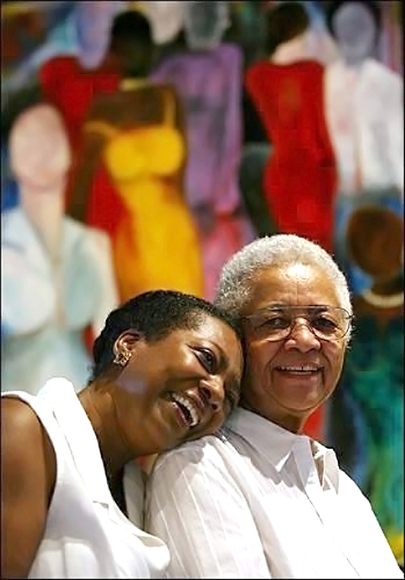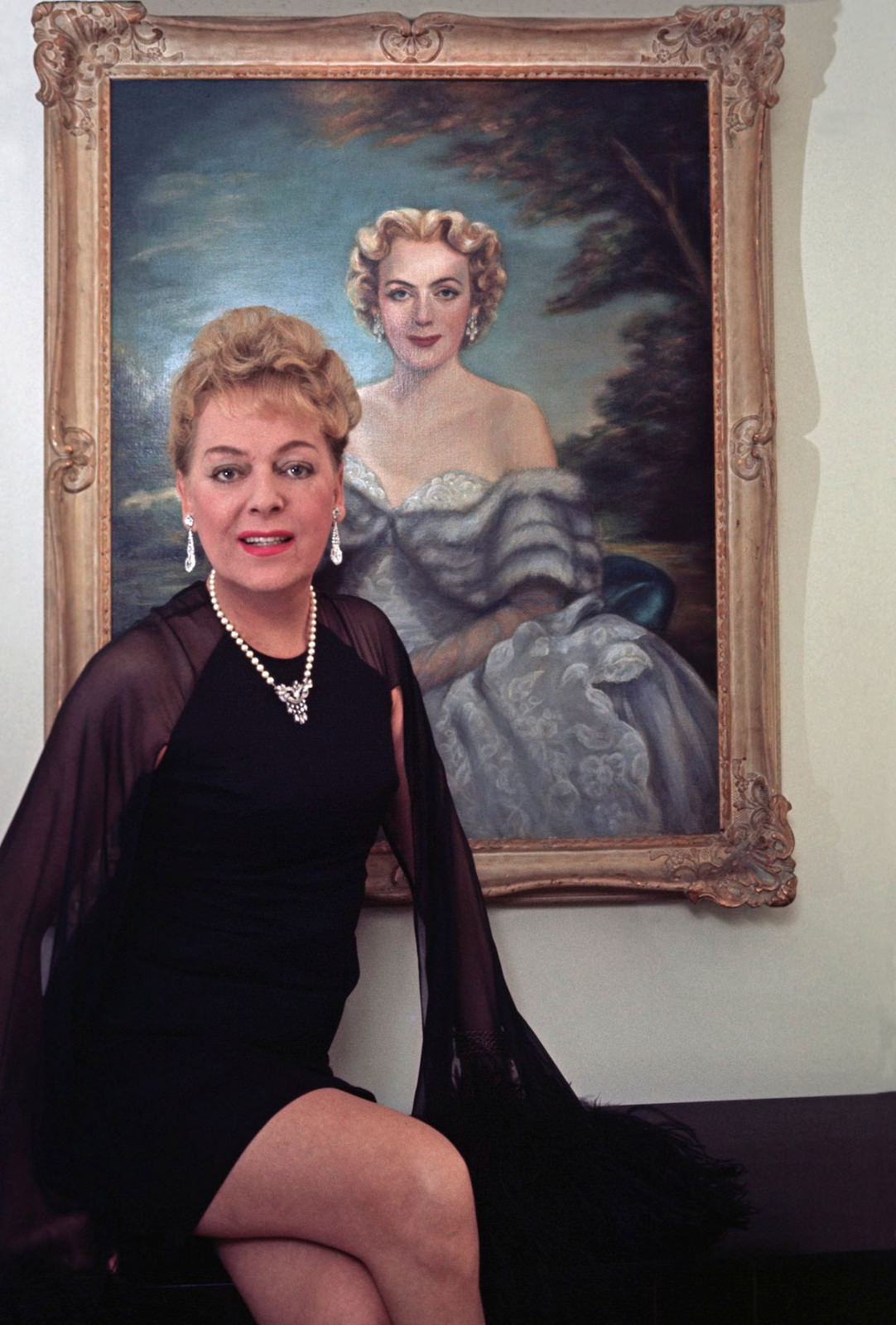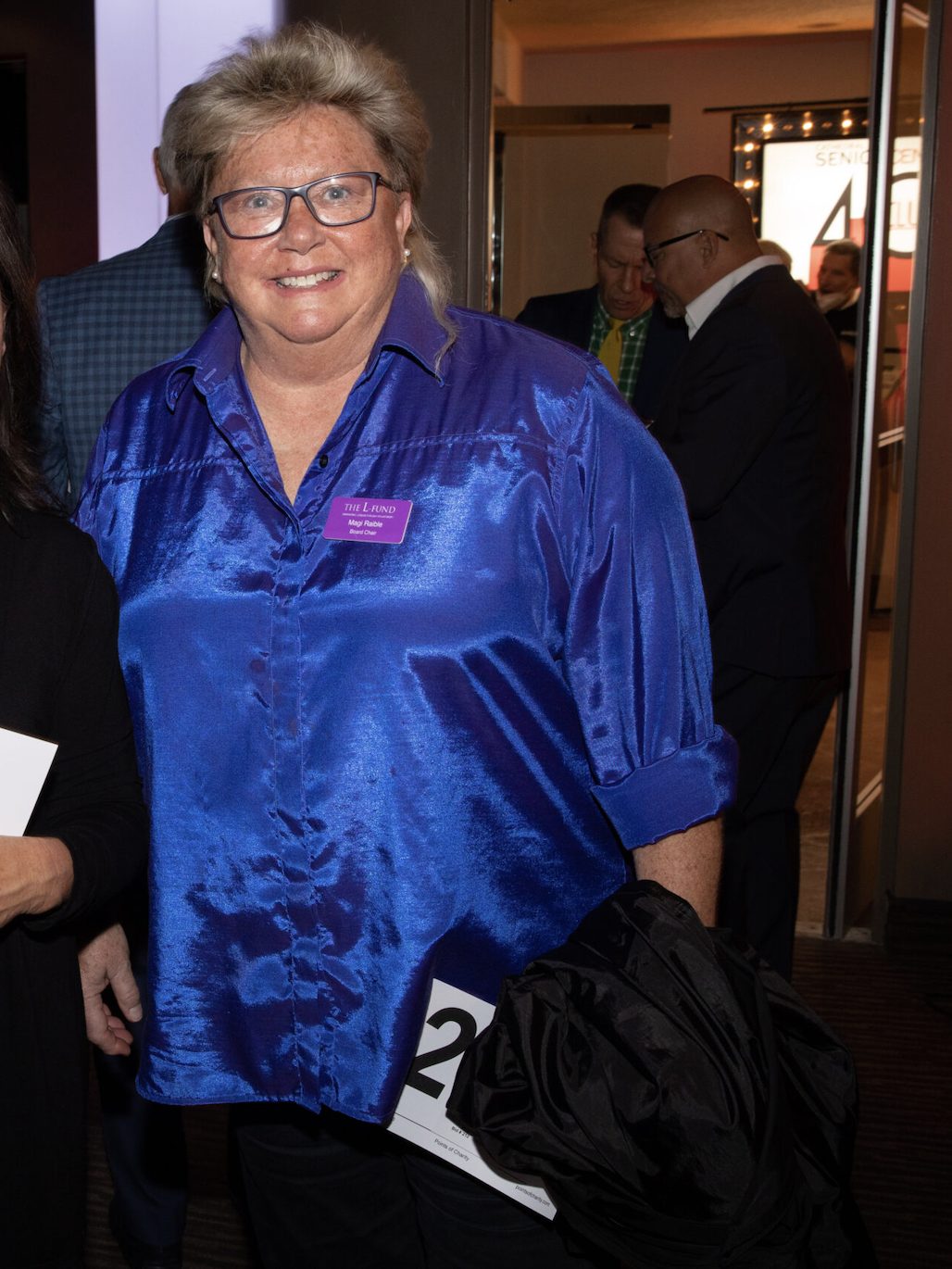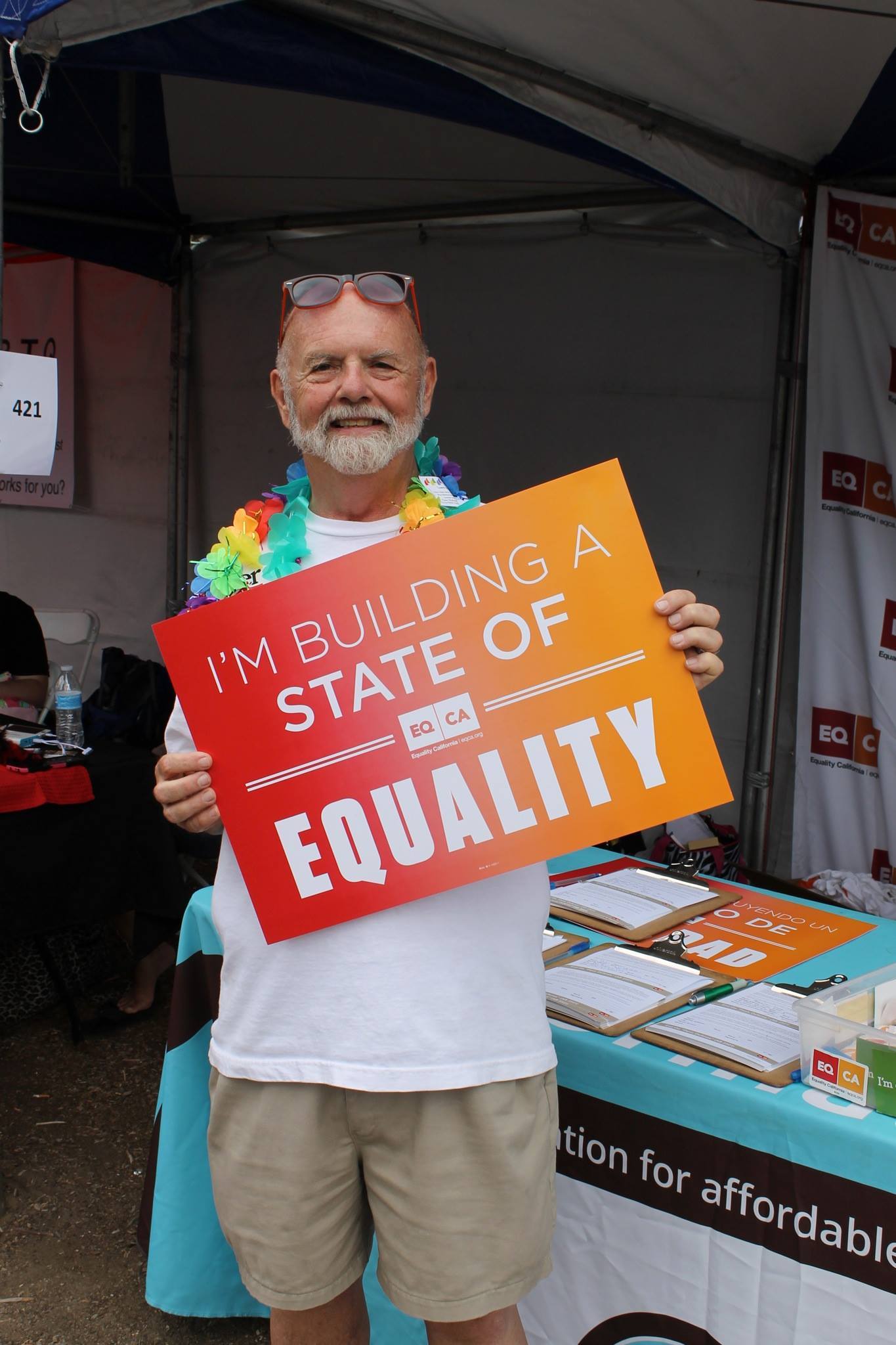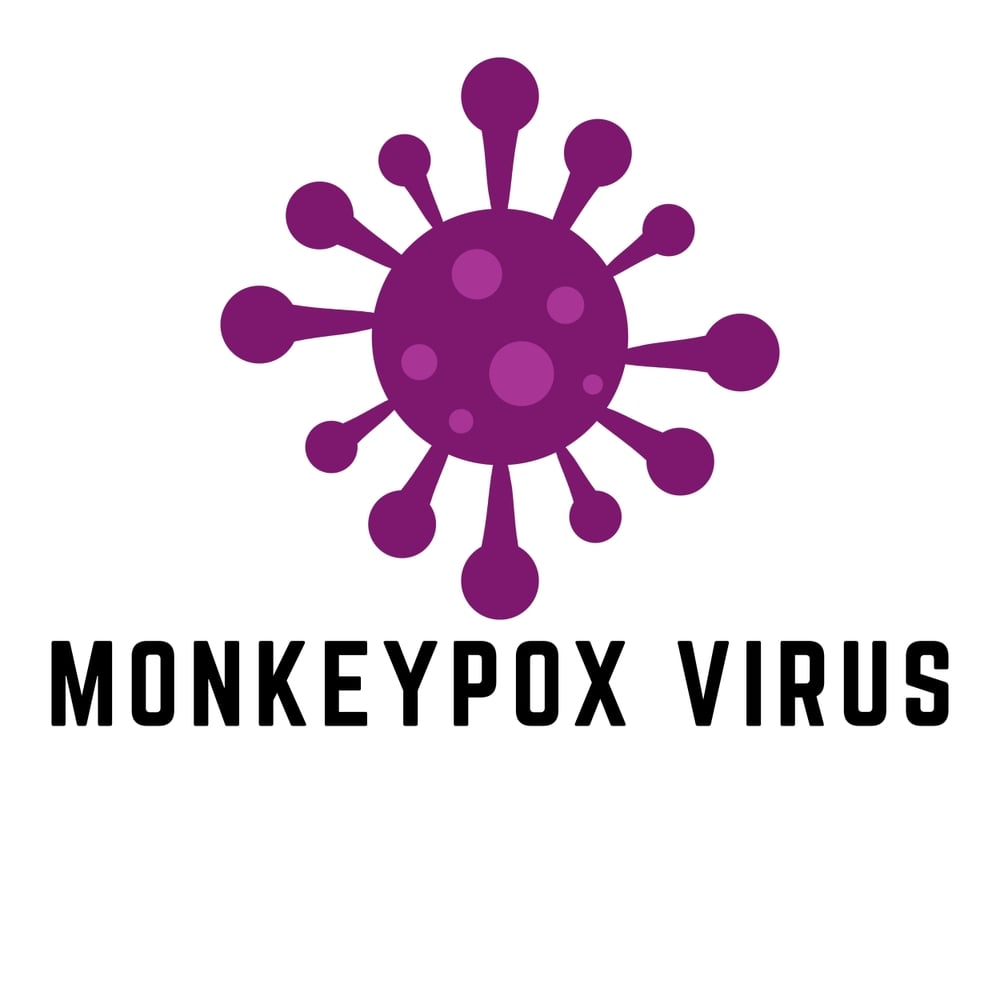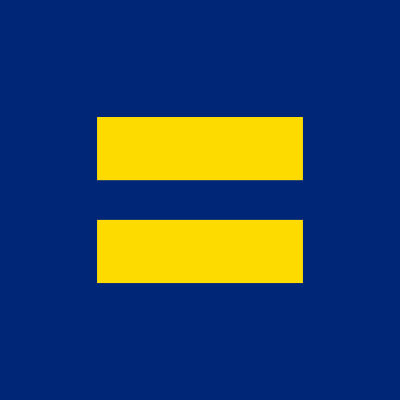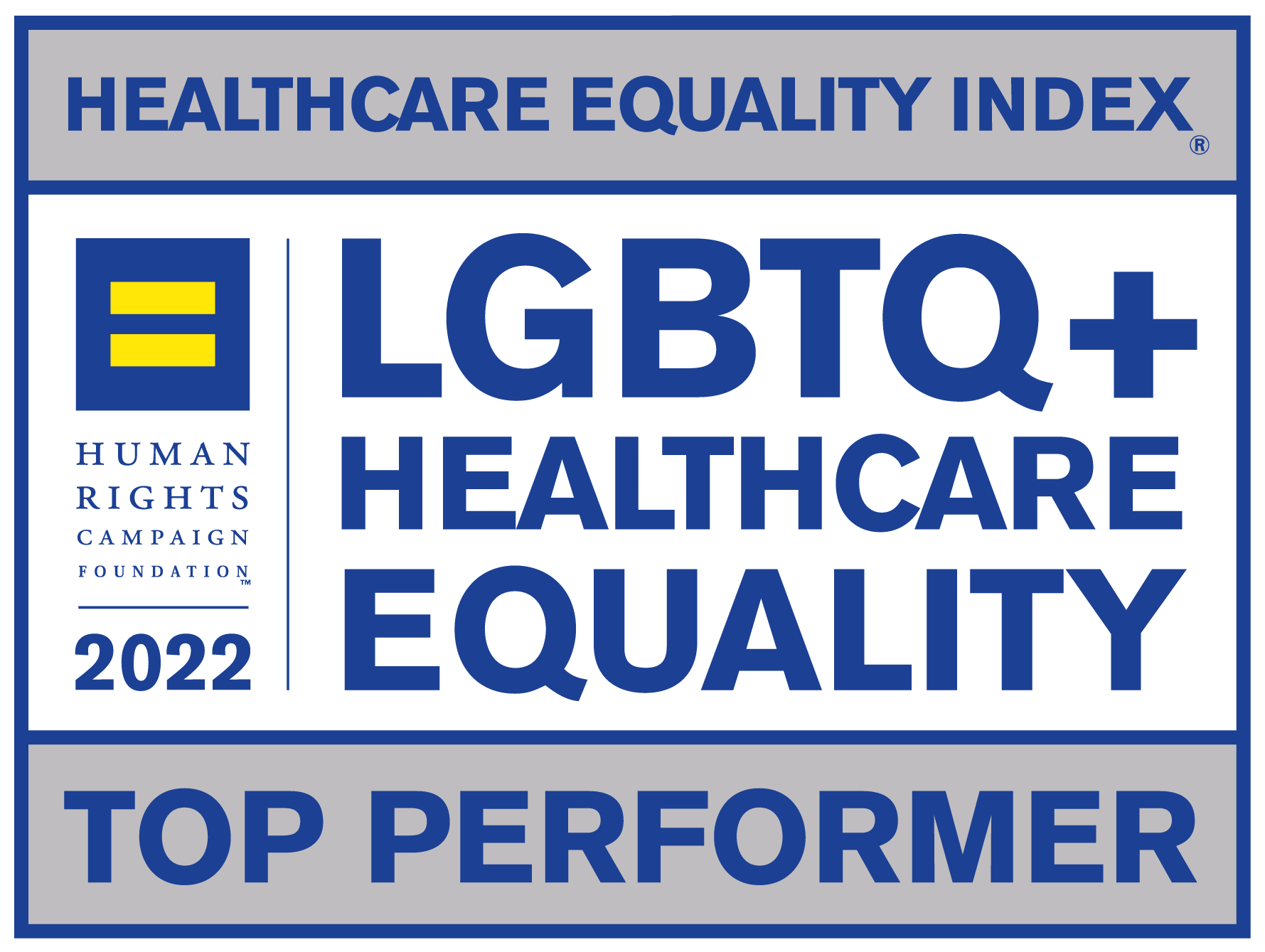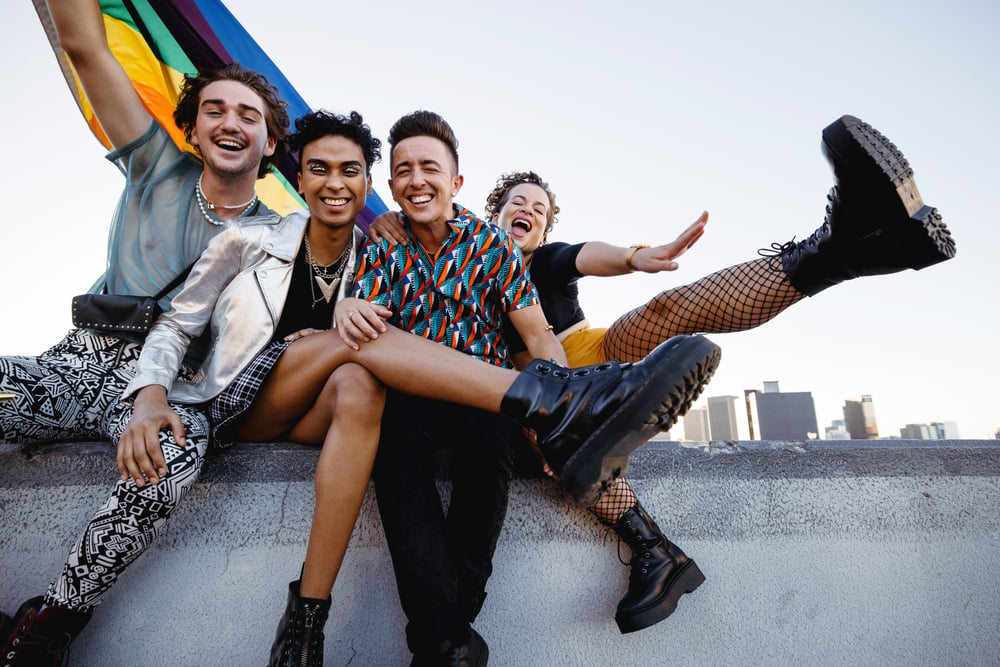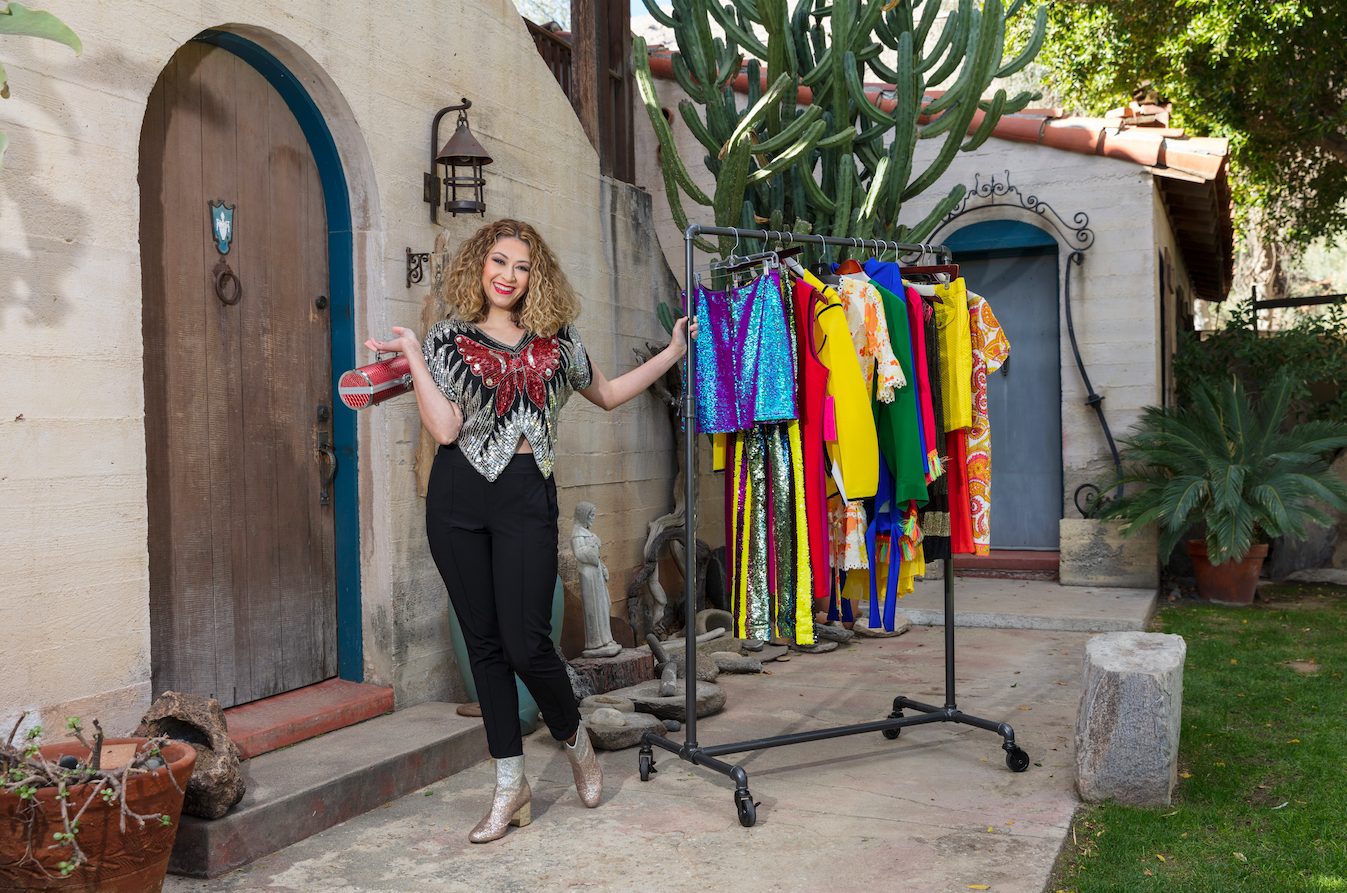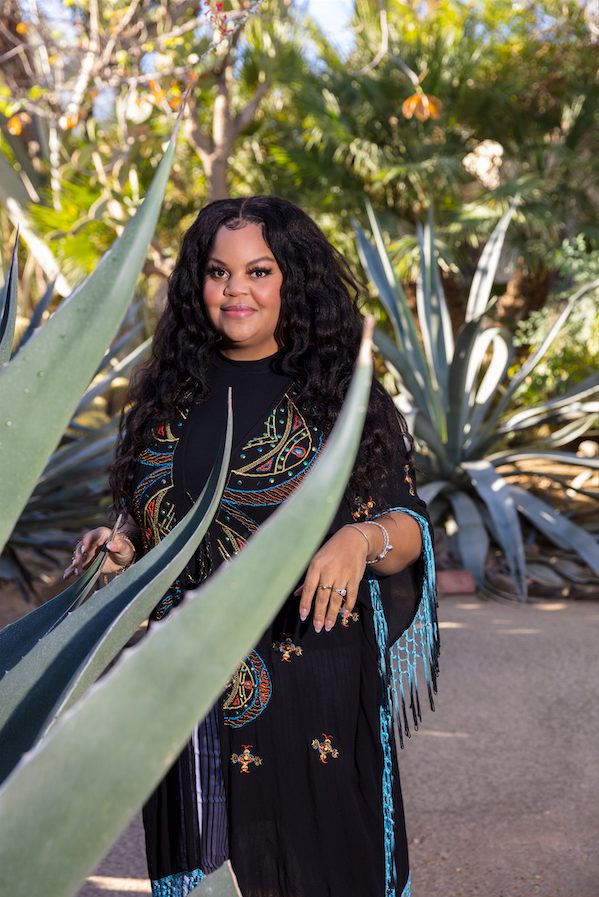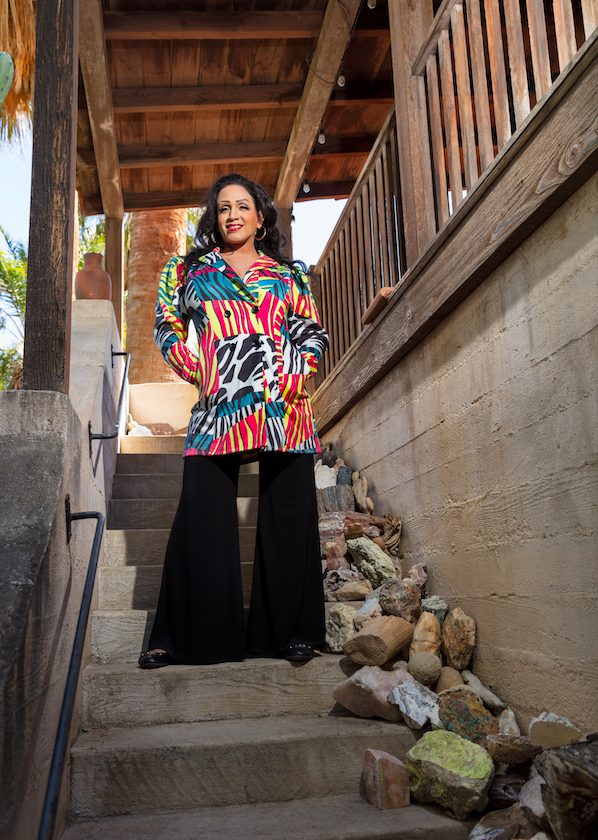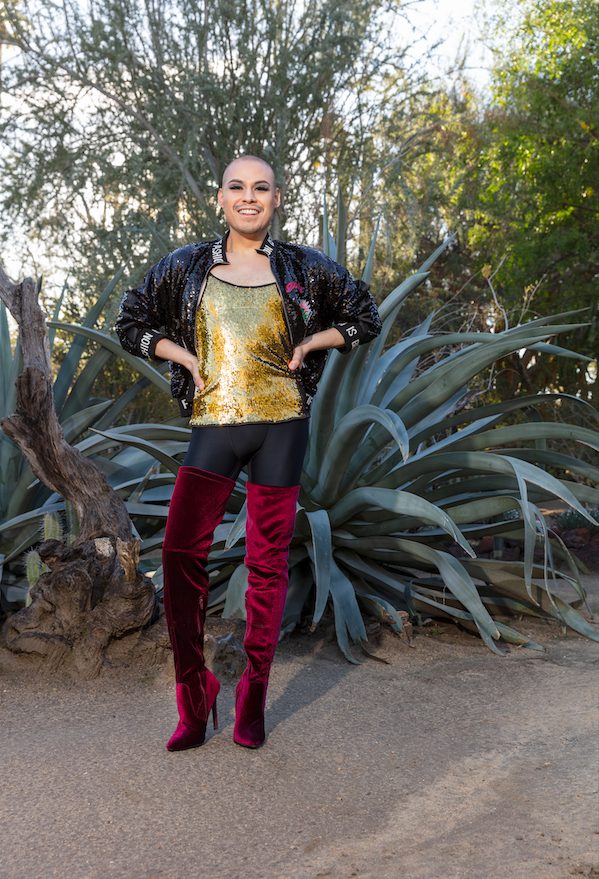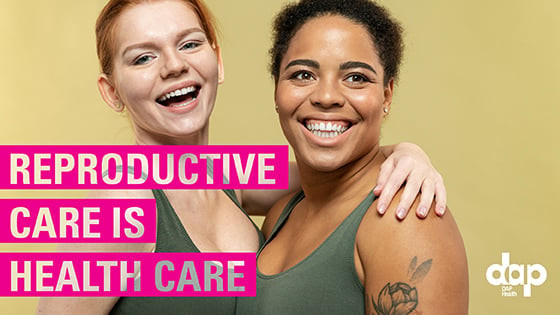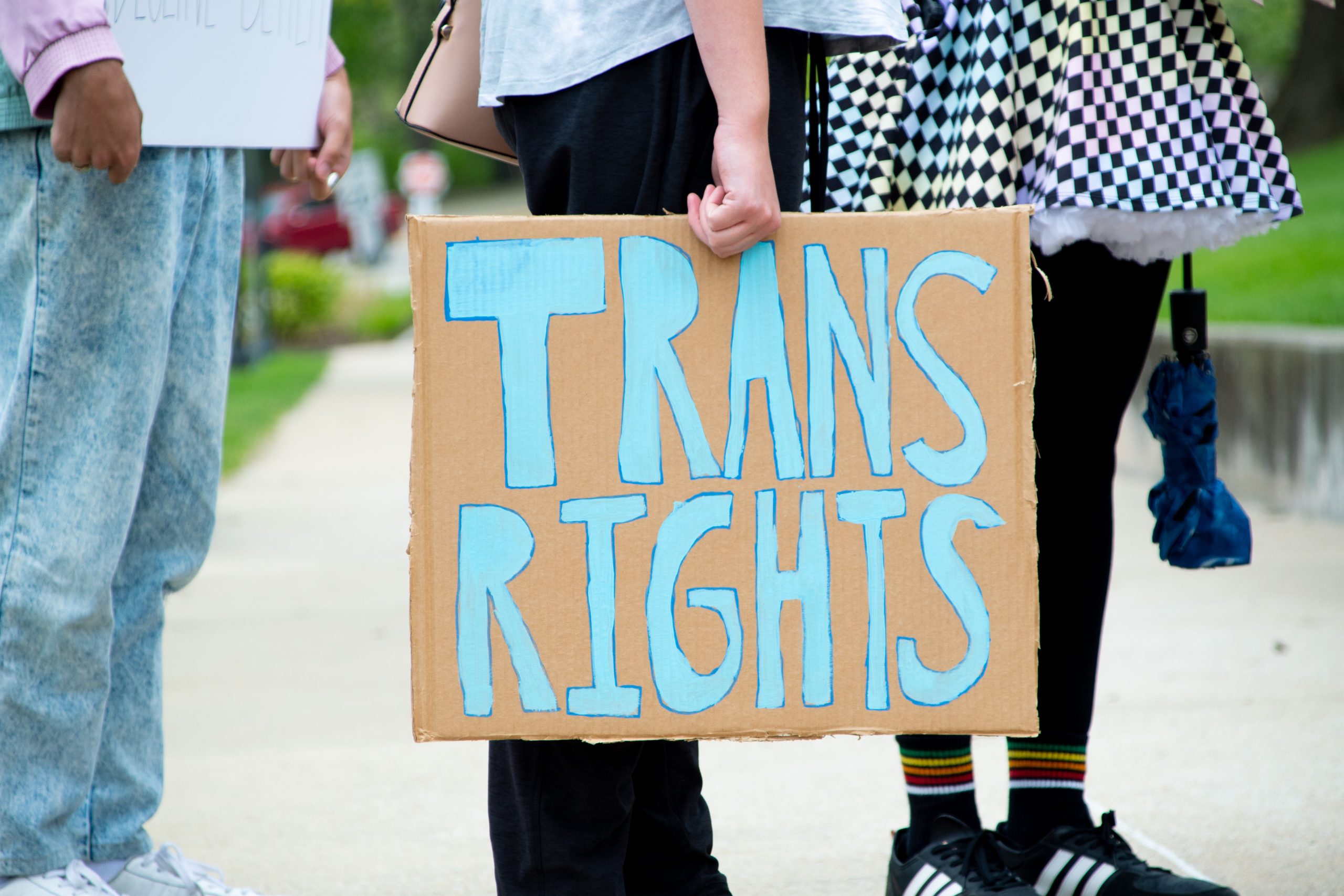
DAP Health Keeps Transgender People Safe and Healthy
Words by Charles Sanchez
November 13-19 marked Transgender Awareness Week, a time to celebrate, raise awareness on behalf of, and uplift the transgender community. The annual observance ended with the Transgender Day of Remembrance (TDoR) on November 20. However, DAP Health’s firm commitment to the rights — and health — of transgender people is year-round.
DAP Health Senior Nurse Practitioner Anthony Velasco is a champion for transgender people and gender-affirming health care. “As a queer person myself,” they said, “I think I’m quite sensitive to the needs of very queer, very diverse people.”
The Human Rights Campaign Foundation estimates there are 2 million transgender people in the United States. The term transgender — or trans — is an umbrella that includes not only trans women and men, but people who identify as non-binary, genderqueer, gender non-conforming, gender-diverse, agender, bigender, or other descriptions that reflect personal experience and choice.
The 2015 United States Transgender Survey, which surveyed more than 27,000 trans adults nationwide, found that trans people experience many health disparities when compared to heterosexual, cisgender people. These disparities include not only lapses in primary care, but also in gender-specific, sexual, and mental health. For example, statistically, trans people (especially trans women of color) face an increased risk of HIV infection, while trans men are less likely to undergo preventive cancer screenings. Yet many in the trans community don’t seek basic health care due to past negative encounters with medical providers. These includes being denied care or suffering verbal abuse and even sexual harassment.
Although Palm Springs is known to be very LGBTQ+ friendly, Velasco said there are still occasions when local trans individuals have been mistreated when seeking care. “I remember having a client tell me they’d been to other clinicians in the past, whether here in the Coachella Valley or in the surrounding areas, where their gender identity was not accepted, or where providers refused to give them the medications or treatments they deserved,” they said. Some clients have intimated they were physically assaulted while waiting for a bus to the clinic, while others drive as much as three hours to receive the gender-affirming care DAP Health provides.
The organization has long been committed to caring for its trans clients with professionalism and respect. “The things we’re doing to address the needs of our transgender community is multi-level,” Velasco said, adding it starts with creating safe spaces for all clients. “This includes making sure what we have on our website or on our buildings is representative of the people we serve.”
DAP Health also provides space on electronic medical records and forms that allows trans people to use their chosen names and pronouns. “We put our pronouns on our own IDs and email signatures,” Velasco pointed out, “and use our pronouns when introducing ourselves. We really make every effort to normalize this, whether we’re talking to someone who’s expressing a different gender identity or somebody who’s a cis person. Things like this need to apply to everybody. Finally, we’re making sure we’re providing new employee orientation and annual training for all our staff and volunteers.”
Clinicians at DAP Health also attend trainings provided by the World Professional Association for Transgender Health (WPATH), an international non-profit dedicated to promoting evidence-based care, education, research, public policy, and respect in transgender health. “We’re trying to get all our clinicians WPATH certified,” Velasco stressed, “to make sure we really care for our patients in the right way.”
Additionally, DAP Health collaborates with other community organizations to further support trans clients. “We have a very good relationship with a trans-led organization called Queer Works,” Velasco said. “They provide free mental health care and free housing assistance for gender-diverse folks.”
DAP Health also has alliances with the Transgender Health and Wellness Center, the Transgender Community Coalition, and the LGBT Center of the Desert so as to create a veritable framework of support to improve the well-being of the community in general.
“I think all of us have the responsibility to make all of our environments more affirmative,” Velasco concluded. “DAP Health has been working really hard to open its doors wider and to ensure it provides better care for all its patients. Not just for people living with HIV, but for anybody who is systemically or has historically been minoritized or marginalized. And that includes transgender and gender-diverse people.”









